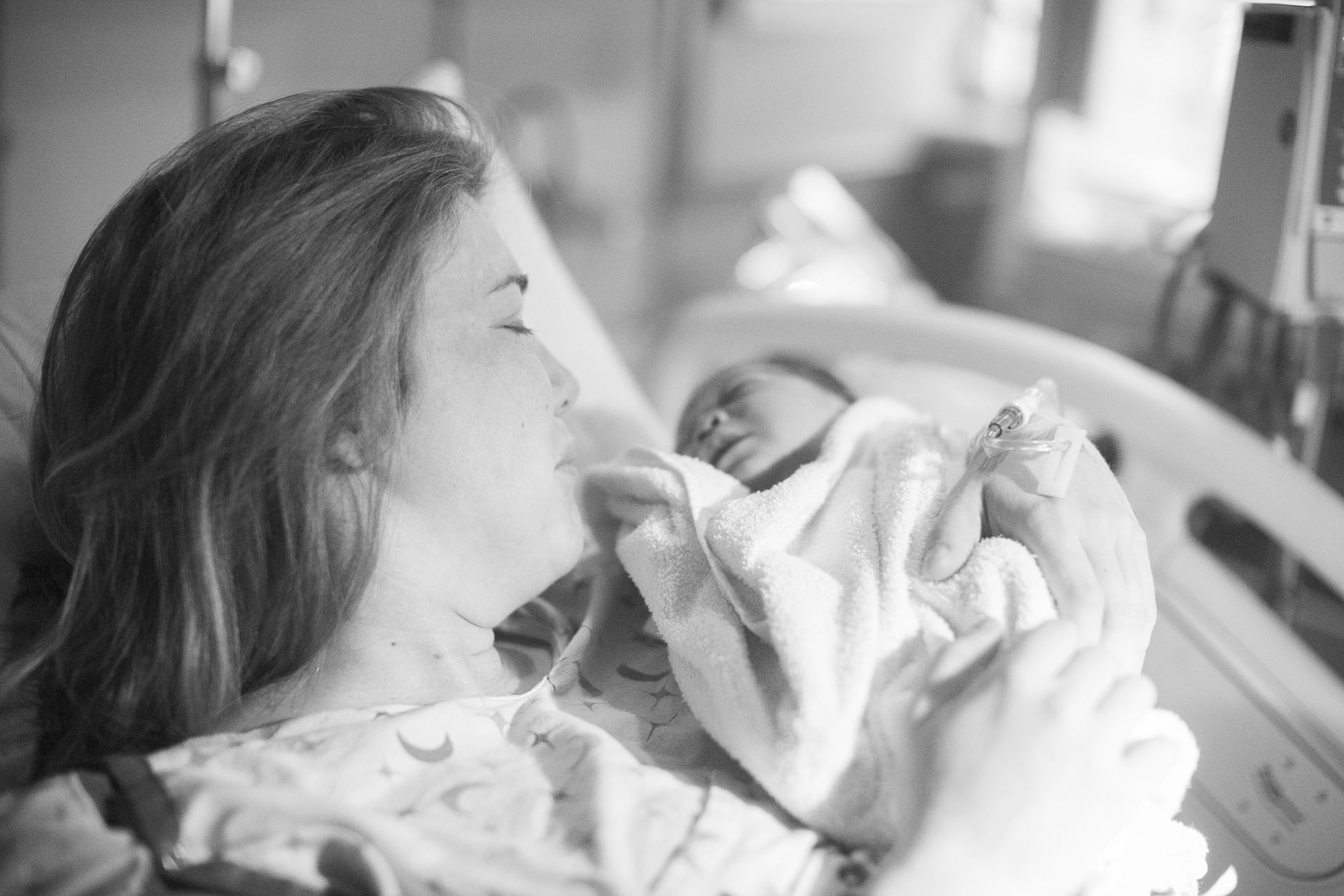Being pregnant could be one of the most beautiful things that can happen to you. Of course, everyone wants to have the best and healthiest experience they can while expecting. So, in order for you to do so, here is some advice about how to have a healthy pregnancy.

Pre-natal care during pregnancy
First of all, you need to know that pregnancy is divided into three phases known as trimesters. The first one is the most important of them all because at that stage all the fetus' organs and systems are being created. That is why this period of time is when you need to be extremely careful. You can achieve this by having regular prenatal care with your physician and following a healthy lifestyle to support your pregnancy.
Having prenatal care since the beginning is the most important thing to do if you want to have a healthy pregnancy. Being in control will reduce all the risks and possible complications such as gestational diabetes, pre-eclampsia, or even congenital illnesses.
World Health Organisation recommendations
In 2016, the World Health Organisation (WHO) published a set of recommendations about prenatal control for mothers to have a positive experience while being pregnant. The WHO exposed that having proper control can save both baby's and mother's life most of the time, while being a good way to support the woman and her family.
In your pre-natal consultations, the doctor will look after your health and your baby's health. During your first appointment, the doctor will carry out the anamnesis, which is the routine practice of gathering your medical history. You will need to tell your physician if you have any medical condition and also talk about your family medical history. If you have any questions at all about pregnancy, this is probably the best time to ask them.
There is a group of tests that you must do to prevent any complications from happening. Sometimes there may be a need for others, but the most common exams include a complete haematology (blood tests), serology for hepatitis B virus, HIV, syphilis, rubella, and a urine and faeces analysis. These exams will help the doctor to prevent and/or treat any possible illnesses that could be revealed during the tests, and that may be harmful to your own health, or to that of your developing fetus.
Blood pressure
One thing that your doctor will do in all the consultations is to check your blood pressure. Having increased ciphers (Collaborative Integrated Pregnancy High-dependency Estimate of Risk) can be a symptom of something called preeclampsia. This is a condition that affects at least 9.5% of pregnant women worldwide, and it can also affect other organs in your body like the kidneys and liver.
Gestational diabetes
Gestational Diabetes is another important disease to avoid, if possible. It affects at least 9.2% of women worldwide, according to an investigation done by the American Center for Disease Control and Prevention (CDC) in 2014.
Women that develop the condition have high glycaemic levels during pregnancy, not before. The specific cause is unknown, but a theory says that the placental hormones can induce it. Uncontrolled gestational diabetes could lead to a bigger and heavier baby, possibly hurting your baby during labour and submitting him/her to fetal stress.
You must go to your appointments at least once a month in the first 33 weeks. Then, between weeks 33 and 36, you will need to go every two weeks. Finally, in the 36th week and until the birth, you will need to go weekly, unless your doctor gives you other instructions.
Detecting fetal abnormalities/anomalies
According to the WHO's guide, the best way to calculate the gestational age and to improve the detection of any fetal anomaly is by doing an ultrasound before the 24th week. With this effective imaging test, the medical team will detect important conditions such as multiple pregnancies. At the same time, you will improve your labour experience because it will help you to program it. Is a good idea to check your baby's movements and inform your doctor if they change in a sudden way.
The dangers of smoking
Of course, you need to avoid cigarettes and alcohol consumption during all the phases of your pregnancy due to their teratogenic capacities. Smoking cigarettes during pregnancy could lead to premature birth, congenital malformations, and in the worst cases, fetal death. Being close to the smoke of cigarettes (passive smoker) will affect your baby too.
The risks of alcohol consumption
There is no safe amount of alcohol you can take during pregnancy or ideally even when you are trying to get pregnant. All kind of alcoholic drinks are harmful, even beer and wine. All those drinks can cause Fetal Alcohol Spectrum Disorder (FASD), which is an illness that could lead to physical, behavioural, and learning problems in the baby. The alcohol will pass through the umbilical cord to the baby's blood in any trimester of the pregnancy. Besides FASD, alcoholic drinks could lead to premature birth and fetal death too.
Uncomfortable symptoms
Pregnancy can generate some symptoms of discomfort in women. The most common conditions include feeling nauseous and vomiting. The WHO recommends consuming more ginger, chamomile, or foods high in vitamin B6 to reduce these symptoms in the initial phases of the pregnancy.
Low back and pelvic pain are other common conditions that affect pregnant women. The WHO recommends doing regular physical activity to increase the muscular strength of the abdominal wall. Try walking around the park, yoga or other relaxing exercises. These will also help you avoid those annoying constipation and blood circulation symptoms that are very common in pregnancy.
Nutrition during pregnancy
It is so important to prioritise nutrition when you are pregnant. Remember, you need to nourish two bodies at the same time, but you have to do it well and in a very balanced manner.
It is important to consume foods rich in vitamins, minerals, and antioxidants, which will help develop strong organs and systems for your baby, while enhancing your own immune system. It is also important for you to know that you need to ingest the correct quantities of folic acid, vitamin B12, and iron.



























































































